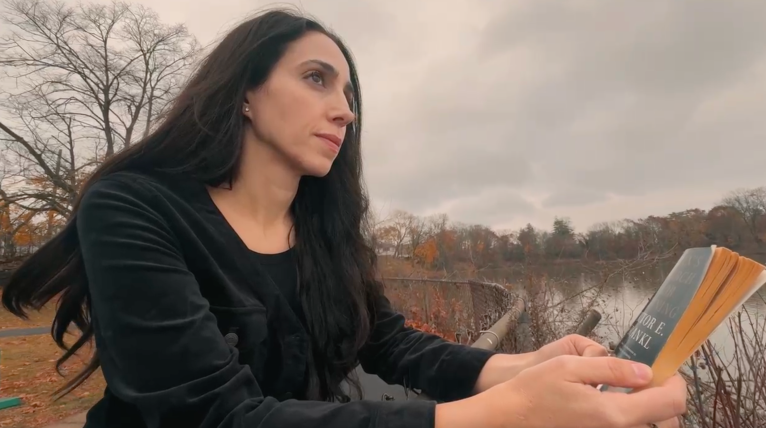
How You Act In The Face Of What You Can’t Control Determines Whether You’re The Hero Or Victim Of Your Life
You're not exceptional for being mortal, or having to learn to coexist with others.
The world wants you to think that there’s very little you can control. There’s a dark part of your psyche that is dependent on believing this, too.
Both of these are coping mechanisms for the elusive obvious, a fact so blatantly true, it’s hard to see and accept: there is almost nothing that is out of your control entirely. In fact, how you behave in the face of that which is out of your control determines the outcomes of your life.
Over the past few years, our collective mental health has continued to skid down the decline, and when there’s a pattern at large, there’s often smaller habits and beliefs that are accumulating to make it so.
In this case? We exist in, and are responsible for continuing to create, a culture that fundamentally does not make people mentally healthy. Our “common wisdom” fosters fragility, and centers on emotion-based thinking, and victim-based identity.
When you feel stuck, it is because you need to take action and you think that you can’t. When you feel angry, it’s because a boundary has been crossed and you think that you can’t reinstate it. When you feel hopeless, it’s because you have moved into the passenger’s seat of your life.
There are things in the world that you cannot control, because they are under other people’s jurisdiction. But the things that affect your own life? Your habits, your relationships, the way you think, what you eat, how you choose to respond? It’s all you. It always has been.
The cold truth that most people are too afraid to accept is that when it comes to the most important, impactful aspects of our lives, we are almost entirely, completely in control. We have just been trained to think that we are not, largely by the virtue of assuming that our feelings govern our thoughts and behaviors, and if we don’t feel like we are in control, then we must not be.
There are two things in our lives that we do not choose: death, and the actions of other people. But these are both variables that everyone is working with. You’re not exceptional for being mortal, or having to learn to coexist with others.
More importantly, what you do in the face of them determines the significance of your life. What impact do you leave, knowing you will die? How do you treat people, knowing they will not be here forever? What do you choose to do in the face of other people’s poor decisions? Do you sit on the sidelines, or do you show up to the game?
Everything that is going to matter most to you at the end of your life is within your control now. And if you sit idly by out of fear that the worst could possibly come to pass, you are allowing fear to control your fate. Do you know what happens to people who do that? The end up with closed minds, empty hearts, and deep wells of longing and dissatisfaction.
Maybe you don’t control whether or not you lose a job. You do control whether or not you groom your résumé, get training, find a mentor, network, show up, and keep applying until you find a new one. Maybe you don’t control your genetics. You do control what you eat, how you exercise, and how you take care of yourself. Maybe you don’t control some aspect of your appearance. You do control how you style yourself, how you put yourself together, whether you flaunt those imperfections or hide them.
No matter what, your consistent actions and choices are always going to triumph over the cards you were dealt. In many cases, your ambition and will can even transform them.
If your instinct is to find a reason why there is some external force preventing you from taking action on any of those aforementioned points, you are a victim. You have chosen to take a passive and reactive stance in your life, and so you should be surprised when you find yourself frustrated, exhausted and unhappy.
A good life is not something we are given. It is something we create. And it is only something we can start making when we realize that we have the power to, and we have all along.
It’s not about what’s out of your control. It’s about what you do anyway. It’s about how you defy odds, resist norms, make the impossible real. People do it all the time. Are they more gifted, privileged, or responsible than you? Maybe. But mostly, they are enabled and empowered. They believe they can, so they do. ![]()











